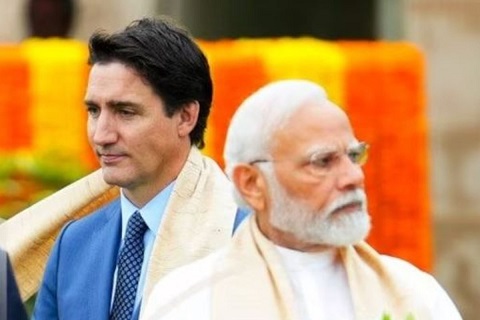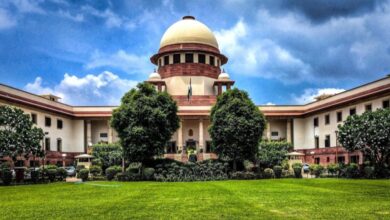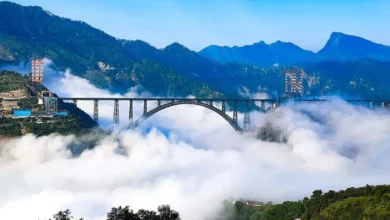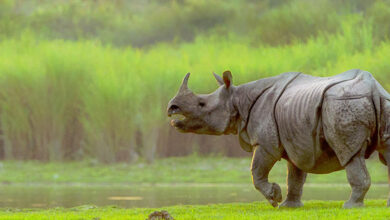
Trudeaus’ Callousness & Indo-Canada Tragedy
TL;DR- Canada became a hub for Khalistanis owing to militants fleeing from Indian police forces to join the Separatist movement abroad that was gaining momentum during 1980s.
The issue of Khalistan has been complicated by vote-bank politics, with leaders accused of pandering to the K-Sikh extremists as an important bloc.
This has been particularly evident in the case of the Trudeau family, who have been ignorant towards rise of K-terror network.
History:
The Kanishka bombing (Air India Flight 182 on 23 June 1985) was carried out by Khalistani terrorists, resulting in the deaths of 329 people, most of whom were Canadian citizens.
Ironically in 1982, Pierre Trudeau refused to extradite Talwinder Parmar at behest of Indian officials, citing reason for decline that ‘India does not recognise the British queen as head of state’- Terry Milewski.
A painstakingly delayed public inquiry (led by fmr Justice John Major) found that Canadian authorities had failed to take the threat of Sikh extremism seriously.
The inquiry revealed that the Canadian Security Intelligence Service (CSIS) had received warnings about the possibility of an attack, but failed to act on them.
The Royal Canadian Mounted Police (RCMP) also failed to adequately investigate the suspects, allowing them to carry out the attack.
Justice Major noted the lapses and failure of Canadian agencies as “inexcusable”.
Trudeaus: Sympathizers of Khalistanis
As the apple doesn’t fall far from the tree, In 2018 visit to India, Justine Trudeau was photographed with Jaspal Atwal, a convicted felon and Khalistani terrorist.
Canada’s quaintness towards the issue of Khalistan is a stain on its reputation as a nation that upholds the rule of law and human rights.
The government’s failure to take action to address the threat of Sikh extremism has not only put Canadian citizens at risk but has also damaged Canada’s relationship with India, a key trading partner and ally.




